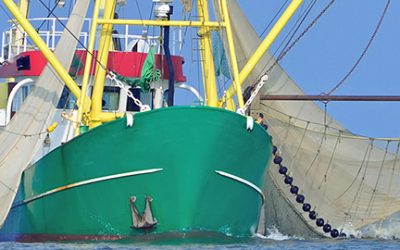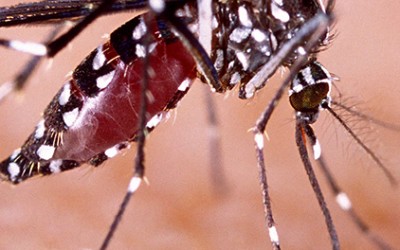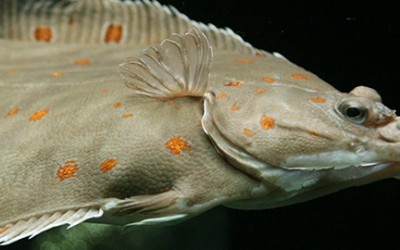Evolution and Ecology Program
Adaptations are key to understanding living systems, especially in these times of global change. In social systems, behaviors adapt through individual and collective learning. In biological systems, genes adapt through evolution under natural and anthropogenic selection pressures. To address these universal challenges in managing the biosphere, the Evolution and Ecology Program devises, analyzes, and calibrates models of complex adaptive systems.
Objectives
- Develop new tools for integrating biological, social, and economic dimensions in fisheries assessments.
- Enrich game-theoretical models for common-good management with real-world complexities including bounded rationality, social heterogeneity, cultural dispositions, and institutional incentives.
- Help launch the next generation of dynamic vegetation models.
- Contribute to reconciling polarized conflicts by advancing quantitative stakeholder methods in fisheries management.
- Coordinate an international consortium defining protocols for integrating evolutionary change in annual fisheries assessments.
- Build awareness of dangerous biases in recognizing systemic risks.
Selected highlights
Sustainable fisheries management
More >>
Modeling disease eradication
More >>
Protecting fisheries from evolutionary change
More >>
Resilience of the global seafood trade
More >>
Counteracting disease spread over city commuter networks
More >>
Modeling love: Understanding the dynamics of human relationships
More >>






